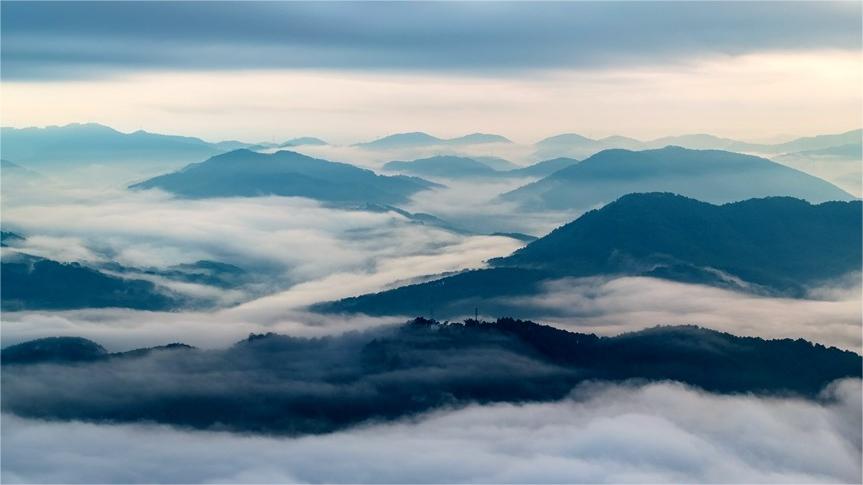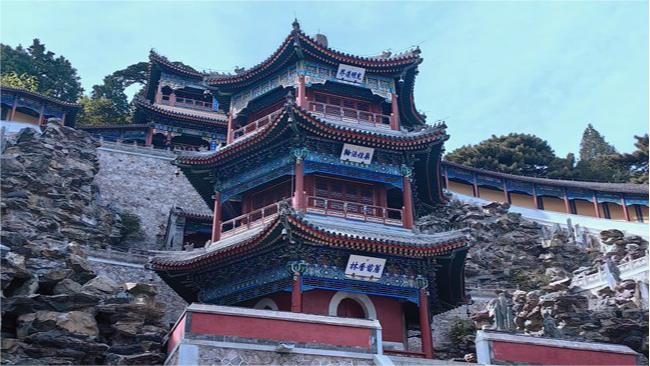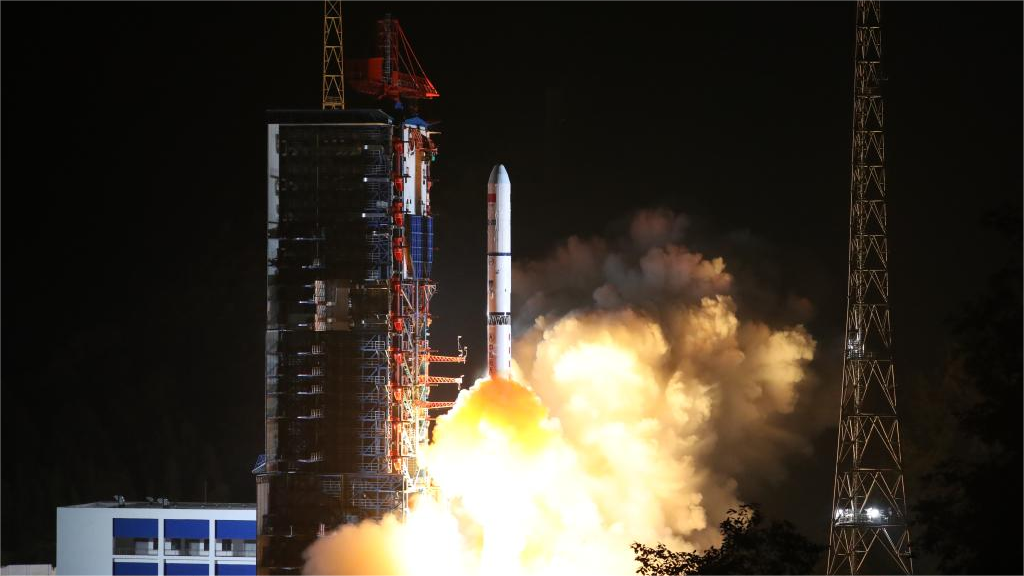Scientist voices concerns as New Zealand continues to import seafood from Japan
WELLINGTON, Oct. 27 (Xinhua) -- A Kiwi scientist on nuclear issues has voiced concerns about the safety of Japanese seafood following the Fukushima Daiichi nuclear wastewater disaster as New Zealand continues to import seafood from Japan.
"Unfortunately, we are at a point where the International Atomic Energy Agency's (IAEA) legal standards are not keeping up with advances in scientific knowledge, particularly in biology," Karly Burch, sociology lecturer at the University of Auckland, told local media.
Despite public concerns and raging opposition from both home and abroad, Japan's Tokyo Electric Power Company (TEPCO) released nuclear-contaminated wastewater from the crippled Fukushima Daiichi Nuclear Power Plant into the ocean.
Meanwhile, New Zealand imported 3.7 million NZ dollars (2.15 million U.S. dollars) of fresh, frozen and preserved fish, fish fillets and other fish meat from Japan between August 2022 and August 2023, according to the statistics department Stats NZ.
TEPCO's nuclear wastewater contains much more than tritium, which has been regularly discharged from nuclear facilities, Burch said, citing recent research which said tritium's biological consequences might be greater than what dominant nuclear safety standards assume.
"Nuclear pollution is invisible, so without seeing food measurement data, it can be difficult to make decisions," the scientist said.
However, Vincent Arbuckle, deputy director-general of New Zealand Food Safety, said there are no changes to New Zealand's import requirements for Japanese seafood products, which is in accordance with the IAEA's advice that it is still safe to consume seafood from the Fukushima region as the estimated dietary exposure to radionuclides is very low.
"New Zealand Food Safety monitors IAEA reports, and those of other assessors and commentators, for evidence that the current assessment of negligible risk should change," Arbuckle told local media.
Burch said different countries have different allowable limits for nuclear pollution in food, citing the example that Japan's standard for nuclear pollution in general food is 100 becquerels per kg of radioactive cesium, whereas New Zealand's allowable limit for imports from Japan is 1,000 becquerels per kg of radioactive cesium.
Countries including China and South Korea have banned seafood imports either from the entire Japan or some parts of Japan.
Photos
Related Stories
- 6.1-magnitude quake hits Izu Islands, Japan -- USGS
- Chinese vice president meets former Japanese prime minister
- Japan starts 2nd release of nuclear-contaminated wastewater into ocean despite protest
- China, Japan exchange congratulations on 45th anniversary of peace, friendship treaty, a ‘significant move’ in stabilizing tense ties
- Beijing, Tokyo vow to relive spirit of landmark treaty
- Intl community urges Japan to be responsible as country starts 2nd round of dumping
Copyright © 2023 People's Daily Online. All Rights Reserved.









